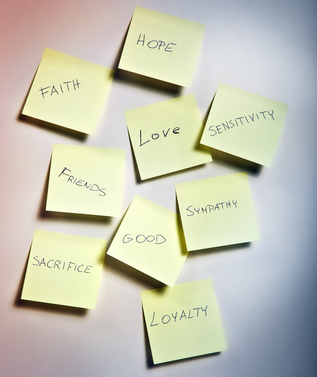History
There are many reasons why people write poetry and all are genuine. For much of history poetry was written for the highly educated and leisured class. It was created and used by the eighteenth-century priests and then later on was distributed amongst the Victorian middle classes. At the turn of the century, poetry began to make its way into the English mainstream and has continued delighting all levels of society since then.
 Poetry was also written as a way to express many emotions and thoughts for just about every possible reason conceivable; discontent about something, political ramblings, falling in love, experiencing unrequited love, humor and comedy or maybe even to express sadness.
Poetry was also written as a way to express many emotions and thoughts for just about every possible reason conceivable; discontent about something, political ramblings, falling in love, experiencing unrequited love, humor and comedy or maybe even to express sadness.
Poetry is comprised of two basic styles, lyric and narrative. Lyric poetry is probably the most commonly known and usually expresses a poet’s thoughts and feelings. Narrative poetry on the other hand tells a story. Both are totally different and the creation of poetry is based on the writer’s preference. You will find that some poetry rhymes and some do not.
So what are some of the reasons that people are drawn to this writing genre? The reasons vary widely but poetry is sometimes chosen over prose because it appears to be more versatile. People can express themselves and be abstract or abbreviate their message and it’s acceptable; it is a form of word expression that can be written in hours versus weeks and months or even years that it takes to write a novel.
Although poetry can be difficult, it is also pleasurable and this is what draws many a person to this art of word idioms. Everyone’s reason as to why they write poetry is as varied as the type of material that is written. Writing poetry can become even more complicated when you mix in the different cultures as people tend to be influenced by their background. Many poets can’t help but be influenced by other poets that originate from their particular area and this adds even more “spice” to the overall genre.
Different Types of Poetry
For the most part, poems are categorized into three different types; there are the classics, the more popular ones and those that are personally liked. As a writer, it is up to you to find that spark and to capture on that synergy. It doesn’t matter what category you chose. It is mostly about deciding on the message you want to send to your audience and getting your thoughts down on paper. Once this is done, you can then begin to edit your poems using the many techniques available.
Getting Feedback on your Poetry
Of course it’s important to get feedback and moral support. This can be done by joining a writing group or giving your written work to friends or peers for honest feedback and suggestions. Writing poetry is about developing some street sense as well as understanding the logistics of the trade. Reading about poets and their work will help to understand their struggles and how they got to where they are today. Read up on the classics and study the different styles and pay attention to what things grab at your emotions. Joining literary circles will help inspire you to keep writing poetry. Remember that whatever type of poetry you decide to write, it can most probably be published somewhere. It’s all about the determination and looking for places to get it published and it’s extremely helpful if you have contacts; hence the literary circles.
Bringing it Altogether
Poetry is where your skill of rhythm, diction, stanza shaping and imagery will all come together. It is simply following some common sense rules and guidelines to completing your next endeavor. A few words of caution, just because a person follows a particular stanza style and adds rhymes to their poetry does not necessarily bring success. It is rather about using the right techniques, the right messages and the right language expressions together that make poetry whole. All it takes is practice, commitment and love of the art. Let the lines suggest what style may be best for you. Review how other recognized poets have handled your theme to give you some ideas on how to best proceed. In the end you will be the one to decide whether your poetry will follow the traditional route or whether it will be free verse.




